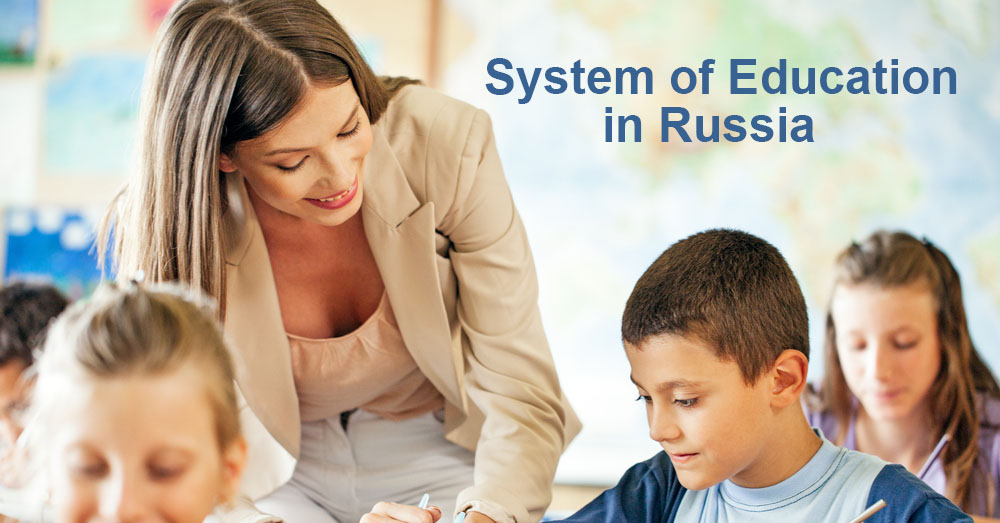Vocational education in Russia has gained significant importance in recent years, as the country seeks to develop a skilled workforce to meet the demands of the modern economy. This form of education focuses on practical skills and training, equipping students for specific occupations and industries.
The Role of Vocational Education in Russia
- Addressing Skill Gaps: Vocational education helps to address skill gaps in the labor market, ensuring that there is a sufficient supply of skilled workers in various sectors.
- Promoting Economic Growth: A skilled workforce is essential for driving economic growth and innovation.
- Providing Career Opportunities: Vocational training programs offer students a wide range of career paths, from technical trades to creative arts.
- Enhancing Employability: Vocational education equips students with the practical skills and knowledge needed to succeed in the workplace.
Types of Vocational Education in Russia
- Vocational Colleges: These institutions offer a variety of vocational programs, including technical, agricultural, and artistic fields.
- Professional Lyceums: These schools provide specialized training in specific industries, such as engineering, IT, and healthcare.
- Apprenticeship Programs: These programs combine on-the-job training with classroom instruction, providing hands-on experience and theoretical knowledge.
Challenges and Opportunities
While vocational education in Russia has made significant progress, it still faces challenges:
- Outdated Infrastructure: Some vocational schools may lack modern facilities and equipment.
- Teacher Training: There is a need for well-trained vocational teachers to deliver quality education.
- Perception of Vocational Education: There is a perception that vocational education is less prestigious than academic education.
However, there are also opportunities for vocational education in Russia:
- Industry Partnerships: Collaborations with industries can help tailor vocational programs to meet specific labor market needs.
- International Cooperation: International partnerships can enhance the quality of vocational education and provide opportunities for student and faculty exchange.
- Government Support: Government initiatives can provide funding and support for vocational education, improving infrastructure and teacher training.
By addressing these challenges and capitalizing on the opportunities, vocational education in Russia can play a vital role in developing a skilled workforce and driving economic growth.

Leave a Reply